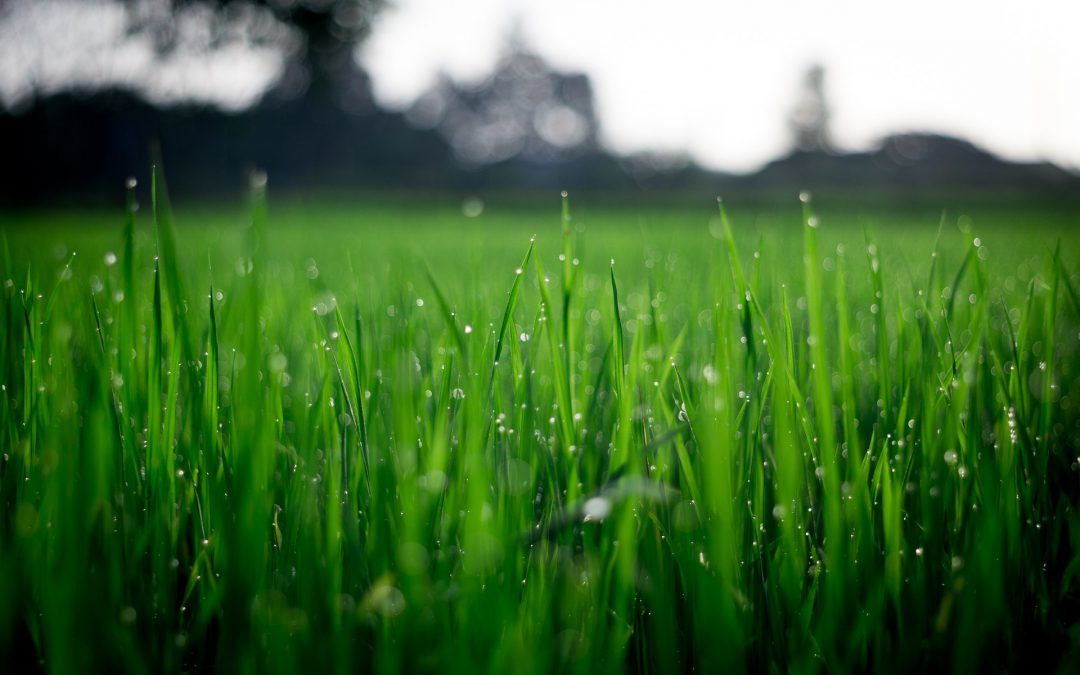Organic lawn care means a turf managed without synthetic fertilizers or insect killer. However, it does not mean suspending basic lawn care maintenance like fertilizing and over-seeding. What’s there to like about an organic lawn? It’s reasonably cheap. It’s better for the Earth and it takes less effort than your traditional well-manicured lawn.
Contents
It’s the Height, Not the Mowing
One of the main principles behind organic lawn care is the height of your lawn. Higher is better. Many homeowners wrongly believe that they have to keep their lawns mowed as low to the ground as possible to maintain healthy grass, to hold off weeds, and to lengthen the time between mowing. Tall blades of lawn have more surface area uncovered to the sun, which enables them to photosynthesize extra sugars and starches for root development. The longer your lawn roots are, the more water and nutrients they can soak up, which, in turn, makes for better grass blades. Maintaining a higher grass level works as well or better than herbicides at suppressing crabgrass, according to study done at the University of Maryland.
When to Water?
Organic lawn care is actually for the rest of us – the majority of individuals who just don’t have the time to spend hours caring and cultivating our lawns. When you carry the organic “lazy man” approach, you don’t water often. Less is best. That doesn’t necessarily signify less water, but fewer times and for a longer period. This helps your grass. Occasional watering forces the grassroots to go deep into the soil – deeper than the majority of weed roots will go. In addition, shallow, regular watering promotes thatch, which you surely don’t want to foster.
Control Thatch
A thick layer of thatch stops water from reaching roots and serves as a welcome mat for infection and insect pests. If thatch isn’t severe, freshening may solve the problem. Thatch that’s more than ½-inch thick needs removal by a hand – or machine-powered thatch remover.
Organic Lawn Fertilizer
So what is the most excellent organic lawn fertilizer to use on your grass? There is no particular right answer because choosing a particular product needs an understanding of your soil composition—which is simple to do with a DIY soil test.
Organic Weed Control
The best thing about strong, organic lawns is that they naturally overcome most weeds without help from you or a turf service. For example, regular mowing at a superior setting and regular fertilization depress crabgrass, which likes poor soil and daylight. There are also natural weed-killing sprays, which depend upon fatty acids or vinegar to do the dirty job, that you can find online or at some garden centers.
If you have any questions regarding Organic Lawn Care, contact Meadowbrook Design today.

